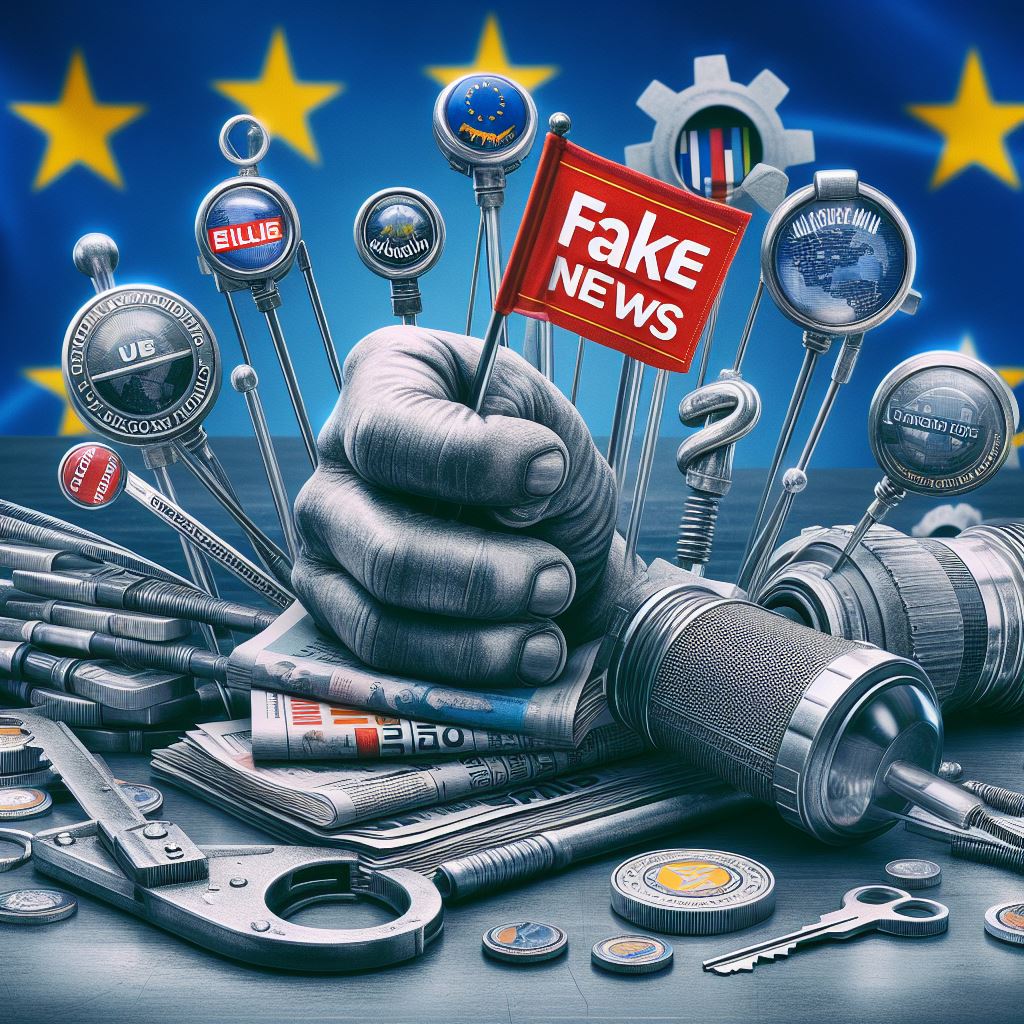 In a move to safeguard electoral processes from manipulation, the European Union has enacted strict new regulations governing political advertising. The rules emphasise transparency, accountability, and limitations on targeting techniques, aiming to empower voters with greater clarity about the source and methods behind political messaging.
In a move to safeguard electoral processes from manipulation, the European Union has enacted strict new regulations governing political advertising. The rules emphasise transparency, accountability, and limitations on targeting techniques, aiming to empower voters with greater clarity about the source and methods behind political messaging.
Key Focus: Countering Disinformation and Foreign Influence
The EU’s actions seek to curtail harmful practices like the spread of disinformation and interference from foreign actors during elections. Citizens will now be able to definitively identify political ads, understand who sponsors them, and determine if an ad was specifically targeted towards them. Privacy rights, freedom of opinion, and freedom of speech remain protected under the regulations.
What The Regulations of Political Advertising Entail
- Transparency Labelling: Political ads must carry a clear “transparency label” and a linked “transparency notice” detailing the sponsor, associated elections/referendums, funding, and details on any targeting techniques employed.
- Limited Targeting: Online political ads can only use targeting if explicit and separate consent has been given by the user. Data points revealing sensitive information such as race, ethnicity, or political opinions cannot be used for targeting.
- Foreign Interference Restrictions: Three months prior to any election or referendum, providing advertising services to entities from outside the EU will be prohibited.
Caveats and Timeline
The regulations only govern political advertising related to direct elections, referendums, or EU-level legislative processes. Member states retain jurisdiction over national campaign rules. Furthermore, content deemed as editorial or expressing personal views are exempt.
The new regulations await the final signature process and publication in the EU’s Official Journal. They enter into force 20 days later, with most provisions taking effect in autumn 2025.
Analysis
The EU’s measures arrive at a time of heightened concern over online manipulation and its influence on democratic processes. But it is late, these regulations should in the best of worlds already be in place to conquer attempts to manipulate the EU Parliament election that take place this year. As always technology development is a short distance runner, while the legislative powers start their marathon race when the tech developers have already reached the finish line. However, this robust regulatory step could set a precedent for other regions grappling with similar challenges, though the true effectiveness remains to be seen. Enforcement, as always, will be critical to ensure compliance and achieve the legislation’s intended goals. In the meantime the tech developers have already started a new short distance race.
Source: European Council of Ministers

